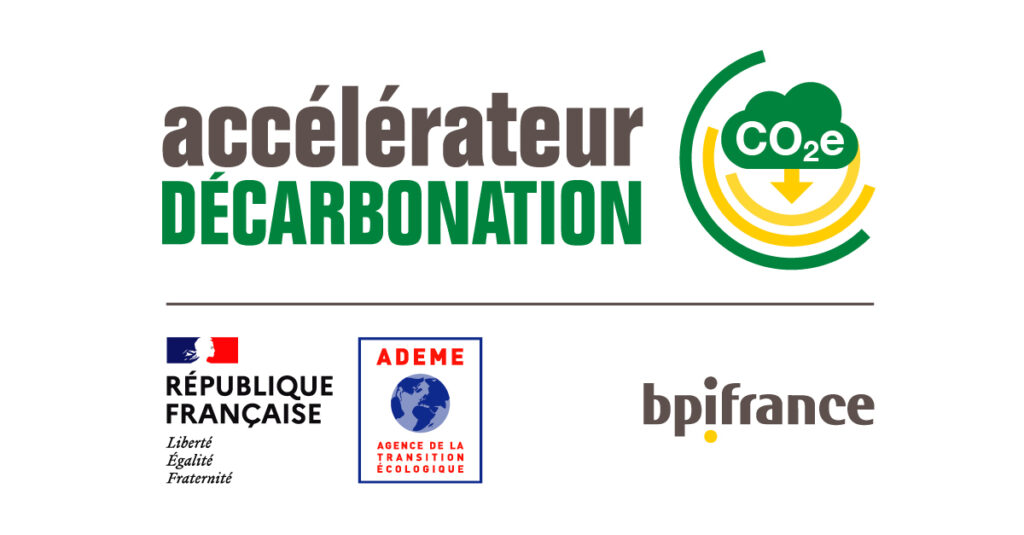Communauté du Coq Vert and Accélérateur Décarbonation: two new commitments to the ecological and energy transition (TEE)
In the course of 2021, ADDEV Materials joined two new initiatives launched by Bpifrance, the company's longstanding shareholder, as part of a new ecosystem of companies committed to accelerating their Ecological and Energy Transition (TEE), in particular through decarbonisation.
The Coq Vert community
In the summer of 2021, ADDEV Materials will join the Coq Vert Community, set up by Bpifrance, ADEME and the French Ministry of Ecological Transition to encourage collective emulation in favour of the TEE. This membership as a "scout, militant boss" is part of an already well-established approach to participation in exchanges within the ecosystem of companies supported by its shareholder, Bpifrance.
Membership of the Coq Vert Community came at a time when the Group was launching a process of reflection on decarbonisation, following the completion of its 2020 carbon assessment. It provides a network for companies to exchange views on environmental issues, as well as practical tools (online training, webinars, documentary monitoring).

The Decarbonisation Accelerator
At the same time, ADDEV Materials joined the first class of the Bpifrance Decarbonation Accelerator. This 24-month support programme brings together 15 companies committed to TEE. Three consultants from Bpifrance, ADEME and the environmental consultancy eCO2 are supporting the project team, comprising Pascal Nadobny, Chairman of ADDEV Materials, Marie Blanchard-Brunel, Marketing, Innovation & CSR Director and member of the Comex, Louise Nadobny, CSR Manager, and David Constance, DECOUPE Industrial Manager France, who is providing operational support on an industrial site and his experience in energy savings. The support covers three of the Group's French industrial sites: ADDEV MICEL in Saint-Chamond and Valence, ADDEV ADHIS in Wittelsheim and France DÉCOUPE in Pouilly-sous-Charlieu.
The programme comprises 3 modules. The first involved a diagnostic to establish the current state of the company, in terms of its activity, EEO and decarbonisation. It involved two customers, two suppliers, shareholder Tikehau Capital and 10 ADDEV Materials employees. This stage enabled us to raise awareness and get everyone involved in the approach at the pilot sites, to start exchanging best practice and to get management on board, while trying to combine economic and environmental performance," explains Louise Nadobny. We now have tools to measure and assess our environmental progress, enabling us to carry out genuine reporting and a more detailed analysis that will help us to define our objectives.
Module 2 will include three workshops to define a vision, a roadmap and a strategy for achieving the decarbonisation targets to be set by the end of 2022. Finally, Module 3 will focus on defining and implementing an action plan for 2023.
Already, ADDEV Materials has been able to improve its understanding of its CO2 emissions thanks to this programme, as David Constance explains: "We had an idea of our emissions, but not of the weighting of transport, waste, electricity consumption in the factories... These results are interesting because certain subjects that we could have prioritised are in fact not the most judicious. By integrating the entire supply chain and involving our customers, we have broadened our field of vision.

